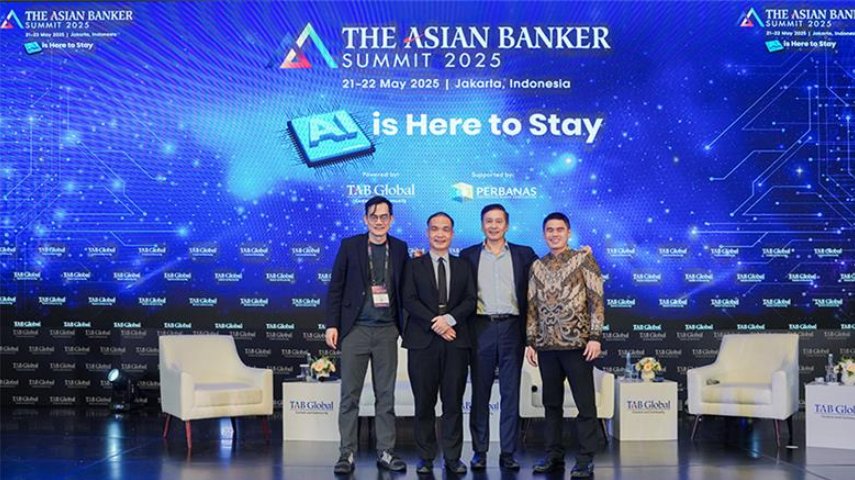- Shares of Alibaba, Tencent, and other big tech companies in China fell
- CCP unveiled an action plan to build a high-standard market system in the next five years
- Xi Jinping emphasised the importance of a standardised, healthy, and sustainable development of the platform economy
The Chinese government and the People’s Bank of China are considering a joint venture with local technology companies to supervise the profitable business of collection of consumer data, revealed by internal sources. The tech companies could be the initial shareholders in the joint venture but the top executives will need regulatory approval.
Shares of Alibaba, Tencent, and other big techs fell
China will build an industry-wide system to supervise services offered by fintechs and technology companies. The plan aims to regulate consumer data use, enforce anti-trust policies, and curb the influence of tech companies.
Shares of Alibaba, Tencent, JD.com, and Pinduoduo, all China-based technology companies, fell from 3% to 7% on the day news of the government’s plan came out. Stocks of iQIYI Inc. and Tencent Music Entertainment Group were hurt the most and went down by 20% and 27%, respectively - the biggest drop since listing in 2018. Entertainment platforms would generally rely more on user data to generate preference recommendations accordingly and create revenue based on the growing subscriptions.
“Data is extremely complicated. There’s a fine line between ensuring users’ privacy and opening up data to sharing,” said Pony Ma, CEO at Tencent. Ma added that the guiding principle that must be upheld is minimising platform access to user data.
CCP unveiled an action plan
In late January, the Chinese Communist Party (CCP) and the State Council issued the “Guide of Building High-Standard Market System”, outlining the government’s intention to regulate consumer data use, enforce anti-trust policies, and restrain the influence of technology companies. CCP is the founding and sole governing political party of the People's Republic of China.
Regulators have launched joint campaigns to investigate how apps collect and use personal data. Government said it will enact laws for the protection of personal information and crack down on monopolistic practices and unfair competition.
The rise of the platform economy in China has intensified the race between China and the US. Indeed, China and the US, the world’s biggest economies, have split the world in the trade and technology sectors. Mike Pompeo, the former US Secretary of State, proposed the concept of “Cleaned Network” in August 2020 and called for the rejection of Chinese technology infrastructures especially 5G to protect the data privacy from the CCP.
Xi underscores development of platform economy
President Xi Jinping, at the ninth meeting of the Central Financial and Economic Affairs Committee, the communist party's top financial advisory and coordination committee, emphasised the promotion, regulation and development of the “platform” economy. He stated that platform companies in China have collected massive data of millions of Chinese consumers and some of these companies are not developed in a standard way, causing potential risks. "It is necessary to accelerate the improvement of laws governing platform economies in order to fill in gaps and loopholes in a timely fashion," said Xi.
The government’s plan marks a significant step in regulators’ attempts to tighten its grip over the country’s internet, e-commerce and digital finance space after decades of adopting a relatively hands-off approach. A regulated digital sector is inevitably a part of China’s path towards achieving the so-called techno-nationalism, a commercialist behaviour that links the country’s technological capabilities and enterprises to issues of national security, economic prosperity, and social stability.
It is still unclear what the overall scope of the new entity would look like, what types of data it would manage and from what sources. While the regulation on consumer data collection is necessary, it is equally crucial for regulators to eventually form strategic alliances with government-backed institutions to facilitate data sharing.
































